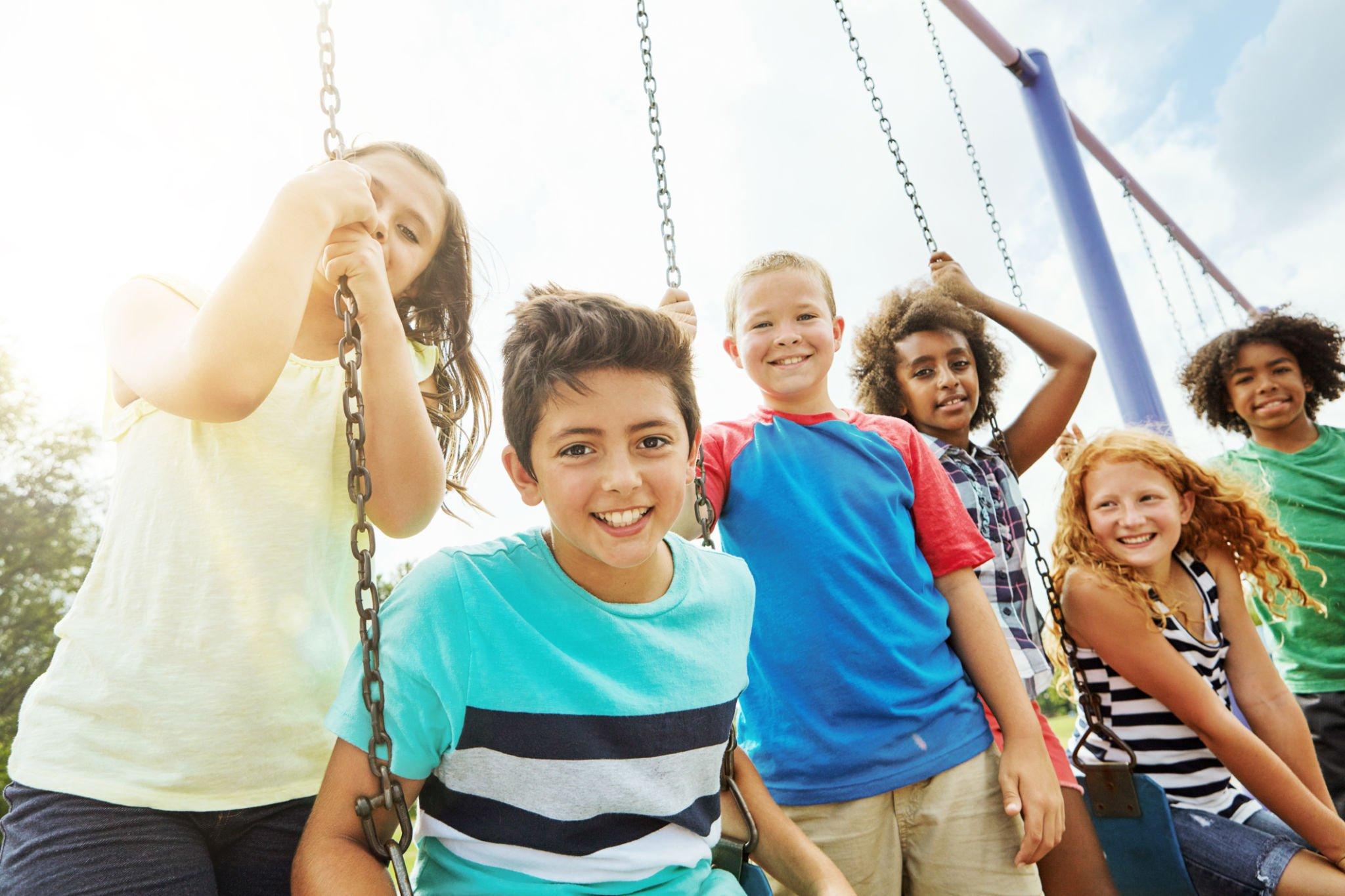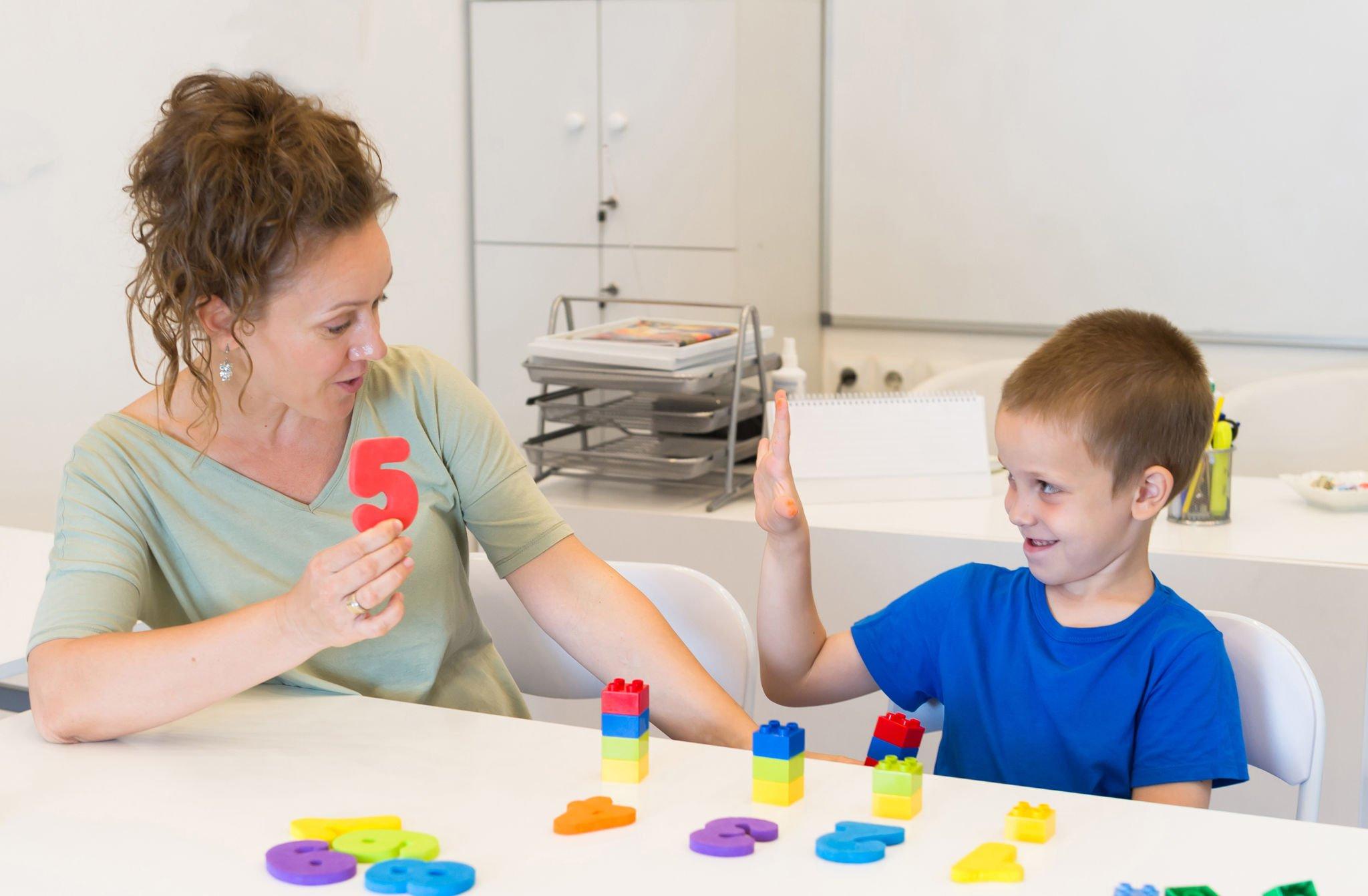Parents want the best for their children, from the food they eat and the clothes they wear to the knowledge and skills they teach them. Ensuring proper social development is one of the most important parts of raising a healthy child.
With great social skills, children will be able to thrive in social situations, build strong relationships, and achieve success in all areas of their lives.

Why is it important to work on your child’s social skills?
Developing a child’s social skills is important for several reasons:
- Positive relationships: Good social skills can help children make friends, overcome conflicts, and communicate effectively with others.
- Emotional well-being: Kids who are socially adept tend to have better emotional well-being. They’re less likely to feel lonely, anxious, or depressed.
- Success in school: Children who have good social skills tend to do better academically and are more likely to have the drive and focus at school.
- Success in the workplace: Social skills are also important for a successful career. Companies look for employees who can work well in a team, communicate effectively, and resolve conflicts.
- Life skills: People need to navigate social interactions in all areas of life, every single day.
How to help your child develop great social skills?
Here are some tips to improve your child’s social skills:
- Organize playdates: Set up playdates for your child with other children around their age. For example, you could take your child and their friends to a trampoline park after school. This will help your child learn how to interact with others.
- Model good social behavior: Children learn by example, so it’s important for parents to exhibit strong social skills themselves. Show your child how to greet people, how to hold a conversation, and how to be polite and respectful.
- Role-play social situations: Practice social situations with your child through role-playing. For example, you can pretend to be a new classmate and have your child introduce themselves and ask you questions.
- Teach empathy: Encourage your children to put themselves in someone else’s shoes. Ask them how they would feel in certain situations and discuss how they can help others who may be feeling upset or lonely.
- Help your child understand emotions: Talk to your child about emotions and how to express them appropriately. Encourage them to talk about their own feelings and help them understand how others may be feeling in different situations.
- Encourage teamwork: Participating in team activities, such as sports or group projects, can help your child learn how to work with others and develop cooperation and communication skills.
- Seek professional help if necessary: If your child is struggling with social skills, consider seeking the help of a therapist or counselor who can provide additional guidance.
What are some problems children may experience with their social skills?

Here are some common concerns:
- Difficulty initiating conversations: Some children may struggle with starting conversations and engaging with others.
- Interrupting others: Some kids may interrupt others or may not know how to take turns in conversations.
- Difficulty reading social cues: Some may struggle with understanding nonverbal cues, such as body language or facial expressions.
- Social anxiety: Children with social anxiety may have trouble joining in on group activities, or speaking up in class.
- Poor impulse control: These children don’t respect boundaries or wait their turn in group activities.
- Difficulty with conflict resolution: Some children can’t resolve conflicts or express their feelings in a healthy and productive way.
- Maintaining eye contact: Many children are shy, so they find it difficult to maintain eye contact with the person they’re talking to.